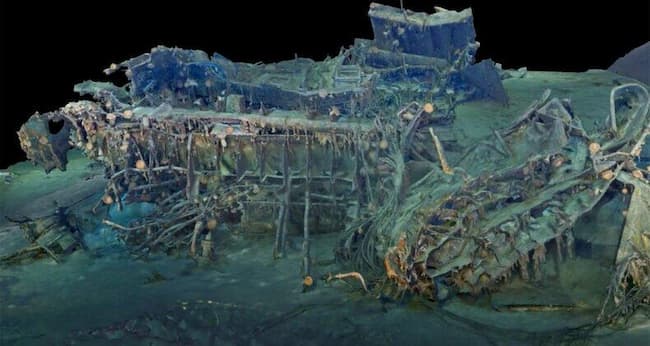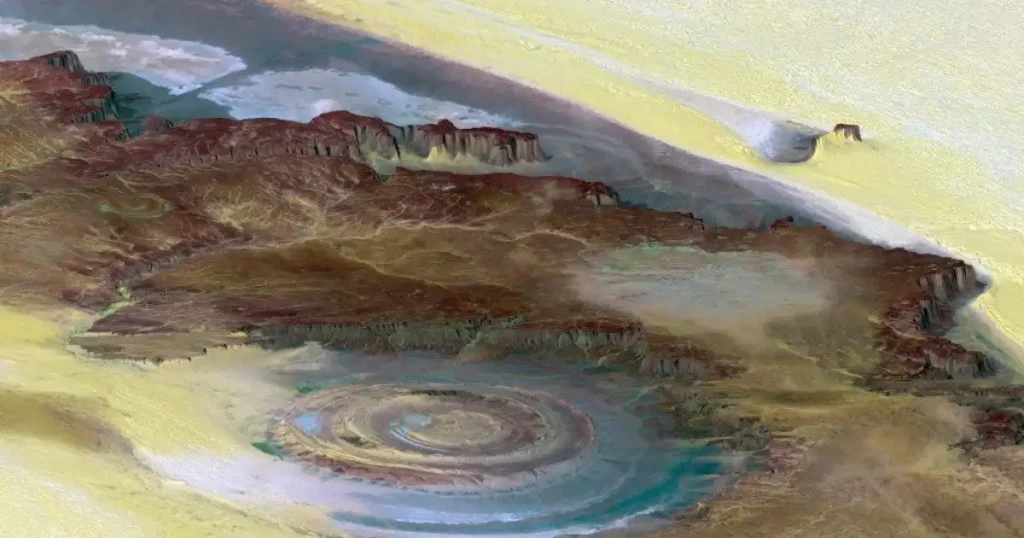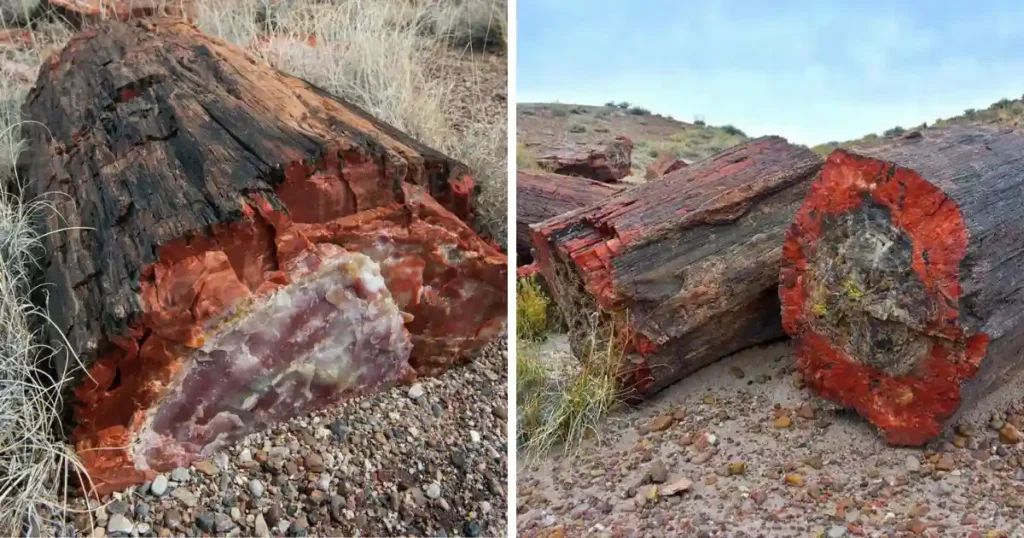Wreckage From FaOn the 81st anniversary of the sinking of the Australian warship HMAS Sydney (II) and the disguised German raider HSK Kormoran following a battle off the coast of Western Australia during WWII, Curtin University has revealed a new large-scale 3D reconstruction from the wreck sites.
Associate Professor Andrew Woods, Manager of the Curtin HIVE (Hub for Immersive Visualization and eResearch), said the digital 3D models being produced are the result of work that began in 2015 when an expedition led by Curtin and the Western Australian Museum conducted a four-day deep-water survey of the two wrecks, which lie 22km apart, in 2500m water depth, 200km due west of Shark Bay.

“During the expedition, the team collected over 500,000 images of the wrecks and more than 300 hours of video, which are being used to create high-resolution digital 3D models of the wrecks using a technique known as photogrammetry or 3D reconstruction,” Associate Professor Woods said.
To mark the November 19 anniversary of the tragic sinking of the ships the HIVE has released a video, which shows a 3D model of one of the largest sections in the wreckage of HSK Kormoran.
Associate Professor Woods said the model of HSK Kormoran’s engine room hull section revealed the incredible force unleashed when 300 sea mines onboard the ship were detonated and tore the vessel into pieces.
“The heavily-built engine room of Kormoran is a substantial piece of wreckage measuring 31m x 25m, which can be seen lying upside down on the sea floor with its four diesel engines still attached beneath,” Associate Professor Woods said.
“Also demonstrating the immense force of the explosion is the unusual fact that Kormoran’s starboard bow anchor is now embedded in the thick hull plating that was originally the underside of the engine room.
“The video sequence pans around the wreckage and reveals the detailed nature and complexity of the wreckage with significant items such as the diesel engines and anchor annotated for the viewer.
“The 3D models being developed in this project can be used to produce virtual reality experiences, and also produce 3D printed models, to help tell the story of the two wrecks both online and in museums.
“The sinking of these two ships remains Australia’s largest loss of life from a single maritime incident and this project aims to help people remember the lives lost in this tragic event in Australian waters 81 years ago, and reflect on the futility of war.”mous Warships Explored In 3D On Anniversary Of Sinking

